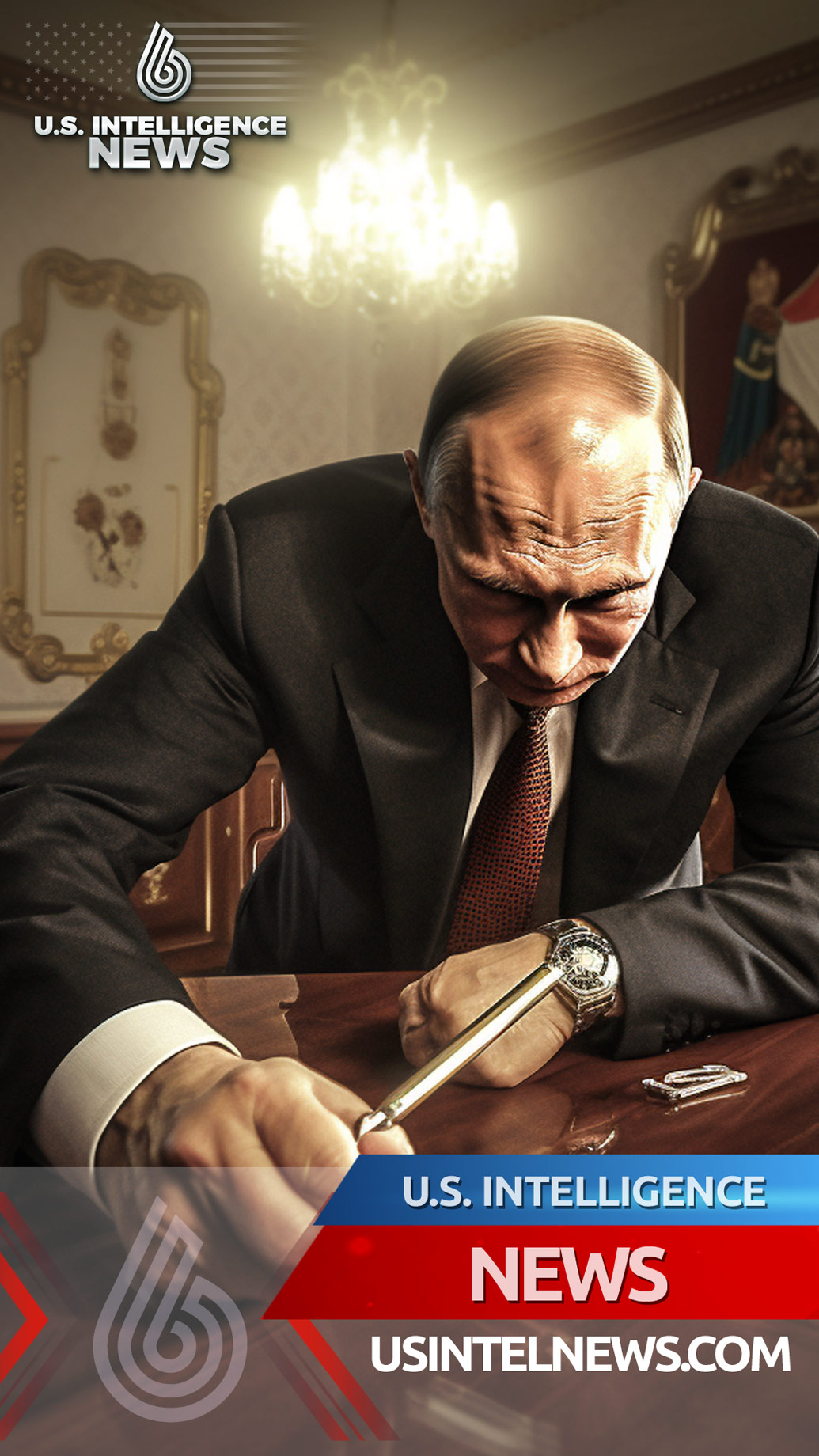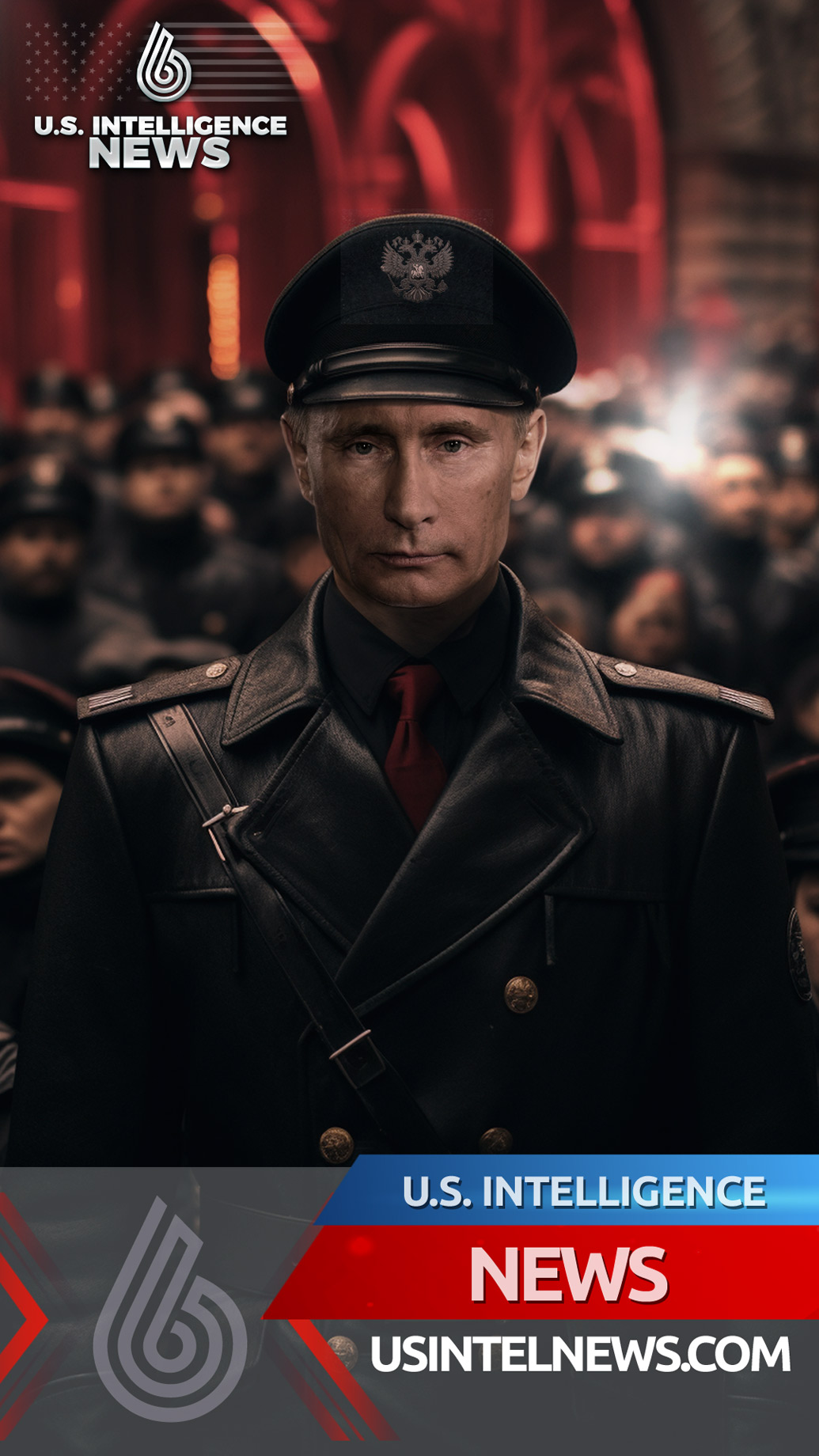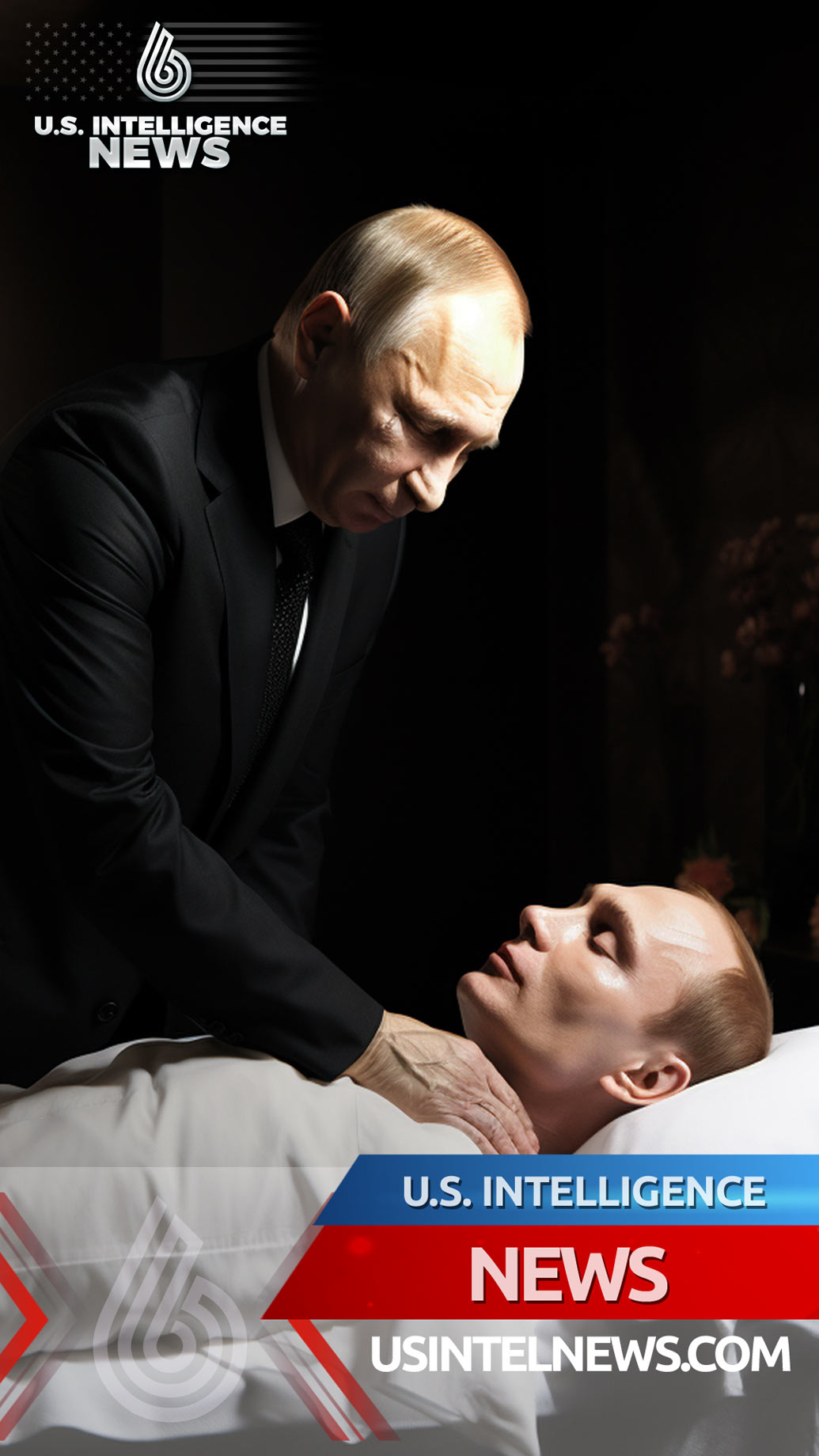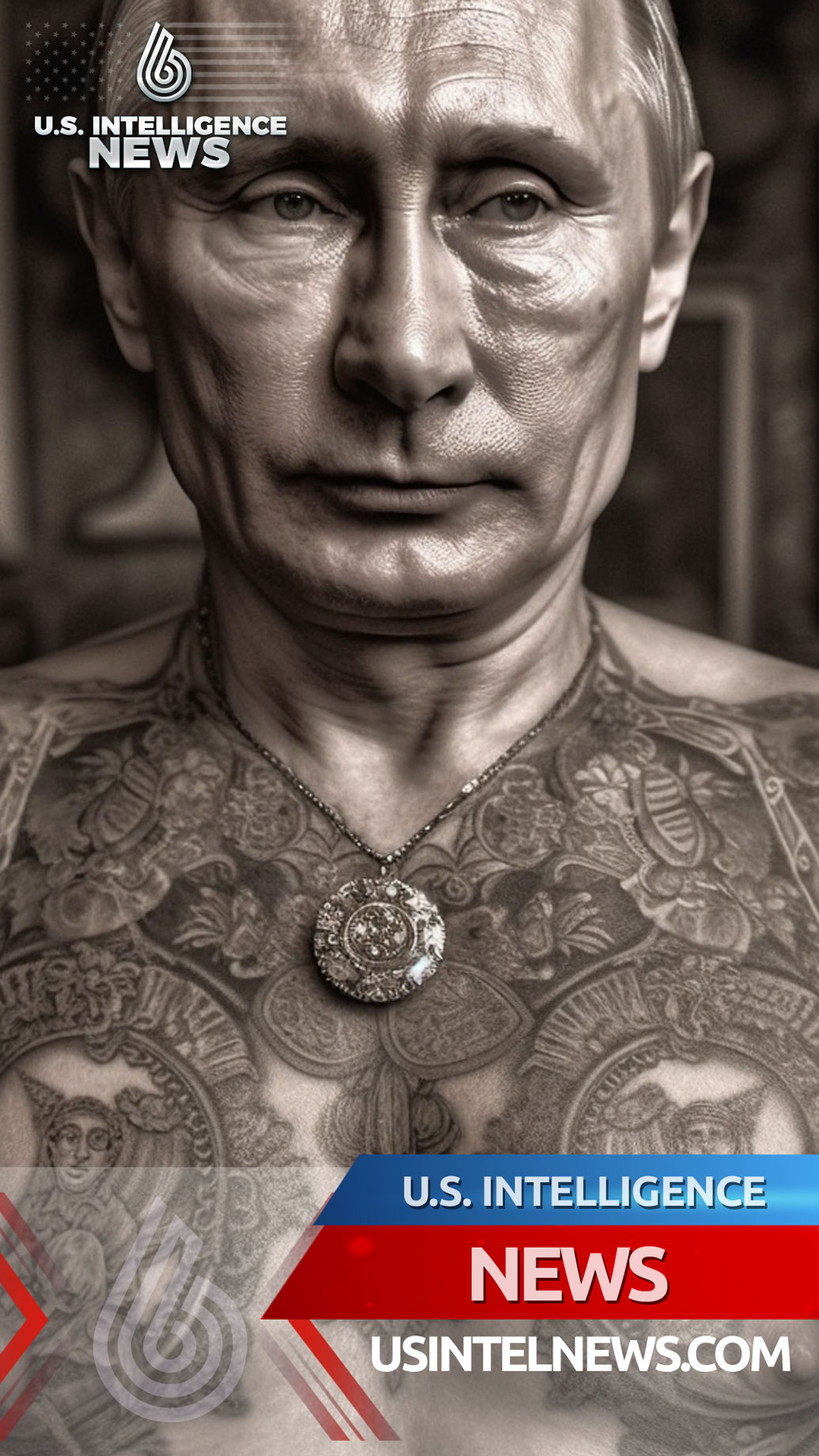
Key Facts:
- Russia’s Mega Oil Merger: Putin plans to merge Rosneft, Gazprom Neft, and Lukoil into a single entity, potentially becoming the world’s second-largest oil producer, surpassing Exxon Mobil’s output nearly threefold.
- EU’s Growing Energy Dependence on Russia: France, Hungary, and Spain are the largest buyers of Russian gas, collectively accounting for over 50% of the EU’s imports in 2024, despite ongoing geopolitical tensions.
- U.S. Support for Ukraine in Question: Analysts warn that Trump’s potential policy shift could reduce U.S. military aid to Ukraine, altering the course of the war and shifting the power dynamics in contested regions.
Russia’s Bold Bid
In a striking response to relentless Western sanctions, Vladimir Putin is crafting a plan to safeguard his nation’s economic future. Moscow’s vision: a colossal oil merger that would rival industry titans. Reports indicate Putin’s intention to consolidate three sanctioned Russian oil giants—Rosneft, Gazprom Neft, and Lukoil—into a single mega-company. If successful, the new entity would eclipse the output of U.S. oil giant Exxon Mobil nearly threefold, positioning it as the world’s second-largest oil producer, trailing only Saudi Aramco. The merger, driven by a quest for higher prices and financial stability, signals a bold move as Russia seeks to fortify its economic resilience against Western pressure.
EU Energy Dynamics
Amid ongoing sanctions and political tensions, a notable pivot is occurring within the European Union’s energy market. France, Hungary, and Spain have emerged as the largest buyers of Russian gas, collectively accounting for over half of the EU’s total imports from Russia in 2024. France notably increased its gas imports by 30% in the first eight months of the year, reaching a value of 1.9 billion euros. Meanwhile, Hungary, despite reducing its purchases, still imported 1.6 billion euros worth of gas, and Spain followed closely with imports totaling 1.4 billion euros. This deepening economic relationship with Russia comes as the West faces intense scrutiny over its response to the Kremlin’s ongoing aggression in Ukraine, raising questions about the EU’s energy dependency and political coherence.
Trump’s Election Win
The future of American support for Ukraine hangs in the balance, with analysts predicting potential policy reversals that could alter the course of the war. Trump’s previous criticism of Ukrainian President Volodymyr Zelensky and his calls for a rapid peace deal with Russia—potentially conceding Russian control over disputed territories—are sparking concerns about the stability of U.S. military aid. As Trump’s inauguration approaches, the global community watches closely, contemplating the implications of his return to power.
U.S.-Ukraine Policy
The Kremlin is reportedly reassessing its strategies in light of Trump’s election victory. Russian officials anticipate that the new administration may adopt a softer stance on Moscow’s territorial ambitions, especially in conflict zones like Donbas, Kherson, and Zaporizhzhia. A potential reduction in U.S. military aid to Ukraine could tip the scales in favor of Russia, reshaping the military dynamics as the conflict enters its third year. Experts suggest that Putin may seize this window of opportunity to solidify control over contested regions, testing the resolve of a divided Western alliance.
NATO Faces Tensions
NATO’s unity is facing unprecedented challenges as the U.S. presidential transition casts doubt on America’s role in the alliance. Trump’s past praise for authoritarian leaders like Putin and his critical stance on NATO’s funding obligations have raised alarms across Europe. Fears are mounting that the U.S. might scale back its commitments, potentially prompting a realignment within the alliance and exposing vulnerabilities in European defense strategies. Analysts warn that any reduction in U.S. involvement could destabilize the region, emboldening Russia as it seeks to expand its influence.
U.S. Support to Ukraine
The coming months are set to be decisive for the future of Ukraine and the stability of the European security landscape. As Russia strengthens economic ties with key European countries and the U.S. reconsiders its foreign policy under Trump, the West faces a critical test of its unity and resolve. NATO’s cohesion, the U.S.’s commitment to Ukraine, and the global power dynamics will all be scrutinized as the high-stakes geopolitical drama unfolds. The international community watches, bracing for potential shifts that could reshape the balance of power in the face of Russian expansionist ambitions.


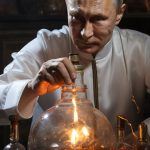 Breaking News: Armenia Facilitates Russia’s Gold Sanctions Evasion in Billion-Dollar Trade Scheme
Breaking News: Armenia Facilitates Russia’s Gold Sanctions Evasion in Billion-Dollar Trade Scheme  Crisis Within the Kremlin: The Fall of Russia’s Gas Giant Gazprom
Crisis Within the Kremlin: The Fall of Russia’s Gas Giant Gazprom 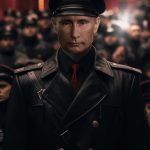 Hunting Russian Evil: How Oligarchs Evade Justice and Protect Their Fortunes
Hunting Russian Evil: How Oligarchs Evade Justice and Protect Their Fortunes  Russia’s Dark Power Struggle: Putin’s Corrupt Empire Teeters on the Edge
Russia’s Dark Power Struggle: Putin’s Corrupt Empire Teeters on the Edge 
